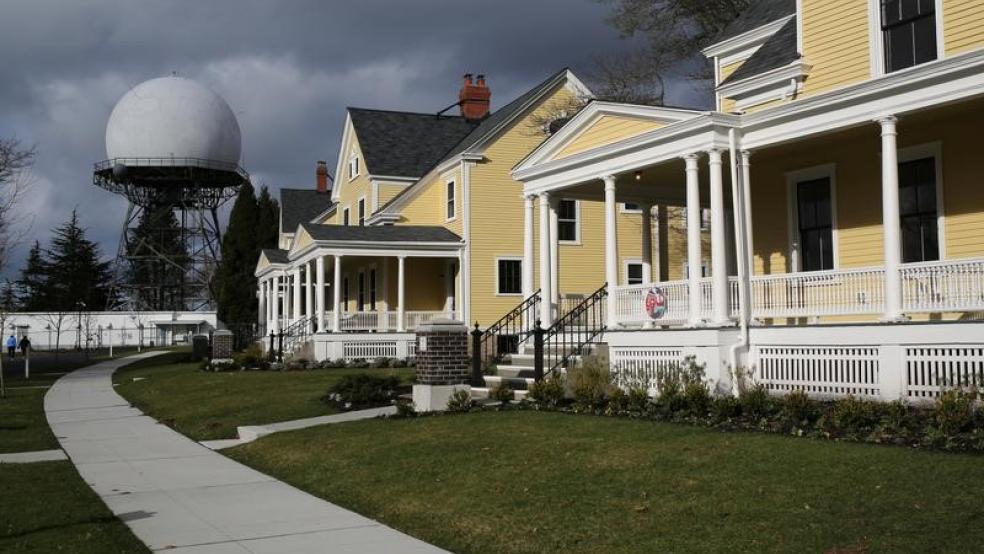Home prices have increased almost a third since hitting bottom four years ago. But that progress could be stymied by a President Sanders or even real-estate-mogul turned President Trump, according to new survey of housing forecasters.
The silver lining: Neither will collapse the economy.
A Zillow panel of more than 100 housing experts said either Donald Trump or Bernie Sanders as commander-in-chief would have a negative impact on home values, housing finance and the performance of the U.S. economy.
However, a President Hillary Clinton would be a boon to housing prices and home finance, with a neutral impact on the economy, the panelists said.
Related: 14 States With the Hottest Housing Markets
“These forecasters like certainty and dislike uncertainty,” says Zillow senior economist Aaron Terrazas, noting that Sec. Clinton has “a long track record of public service” which offers insight into her policies beyond the campaign trail.
“The economists viewed her as a continuation of current policies and they don’t see much change” under her presidency, Terrazas says.
| Candidate | Expected Impact on Home Value Forecast | Expected Impact on Housing Finance Reform | Expected Impact on Overall Economic Outlook | |
| Hillary Clinton | Positive | Positive | Neutral | |
| Bernie Sanders | Negative | Negative | Negative | |
| Donald Trump | Negative | Negative | Negative | |
| John Kasich | Positive | Positive | Positive | |
| Ted Cruz | Negative | Negative | Negative | |
| Source: Zillow survey | ||||
While Sen. Sanders has been in Congress for 25 years, it has been in a legislative role and not an executive one, says Terrazas. “The economists were hopeful he would help homeownership, especially among low-income Americans,” he says, “but they were worried about his policies’ effect on federal spending and the deficit.”
On his campaign site, Sen. Sanders says he wants to expand down-payment assistance programs for first-time homebuyers, protect the homeowner mortgage interest benefit and expand that benefit to the 19 million American homeowners who don’t itemize their federal taxes.
Related: 10 Trends Driving the Housing Market Now
As for Mr. Trump — a longtime real estate developer of hotels and luxury condos — the economists were concerned about his lack of experience, inconsistency and unpredictability. “A lot of panelists were hopeful his policies would boost construction spending, but worried about other policies like trade and immigration,” says Terrazas. In fact, Mr. Trump’s strict immigration policies could end up hurting the home-building industry.
A report last year from a home-building analyst found that increasingly restrictive immigration policies have reduced the number of Mexican-born construction workers in the U.S. Since 2007, the U.S. construction industry has lost 570,000 construction workers from Mexico. This year, homebuilders said that cost and availability of labor is their No. 1 problem they expect to face this year.
Overall, the economists expect home prices to rise 4 percent year-over-year at the end of 2016, up from their previous prediction of 3.7 percent. This view is largely due to the continued lack of homes for sale. But demand from buyers is improving as wage growth increases and the employment outlook strengthens.
Related: The Surprising Problem That’s Holding Back the Housing Market
“With all of the surprises in this election cycle, none of panelists saw a doomsday scenario,” says Terrazas. “That ultimately speaks to the fact that the executive branch has certain levers, but doesn’t make or break the economy.”





